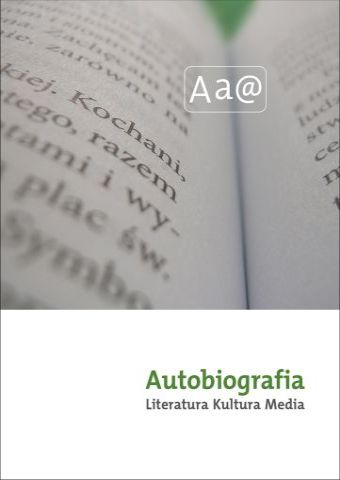






| Authors: |
KATARZYNA
SAWICKA-MIERZYŃSKA

Uniwersytet w Białymstoku |
| Keywords: | bieżeństwo Podlasie First World War autobiographical memory collective memory postmemory |
| Data publikacji całości: | 2019-01-31 |
| Page range: | 14 (143-156) |
| 1. | Alexander, Jeffrey C. Znaczenia społeczne. Studia z socjologii kulturowej. Tłum. Stanisław Burdziej, Jacek Gądecki. Kraków: Nomos, 2010. |
| 2. | Assmann, Aleida. Między historią a pamięcią. Antologia. Red. Magdalena Saryusz-Wolska. War¬szawa: Wydawnictwa Uniwersytetu Warszawskiego, 2013. |
| 3. | Dąbrowicz, Elżbieta. „Resztka. Tożsamość podlaska w obchodach rocznicowych z 2013 i 2015 roku”. W: Podlasie. Od „terra incognito” do „white power”. Szkice z nowego regionalizmu literackiego, red. Marcin Lul, Danuta Zawadzka, 269–291. Białystok: Instytut Filologii Polskiej UwB, 2019. |
| 4. | Dąbrowicz, Elżbieta, Anna Szerszunowicz, oprac. „Bieżeństwo – wspólnota pamięci. Kalendarium wydarzeń 2014–2017”. W: Świadectwa pamięci. W kręgu źródeł i dyskursów (od XIX wieku do dzisiaj), red. Elżbieta Dąbrowicz, Beata Larenta, Magdalena Domurad, 399–403. Białystok: Alter Studio, 2017. |
| 5. | Erll, Astrid. Kultura pamięci. Wprowadzenie. Tłum. Agata Teperek. Warszawa: Wydawnictwa Uni¬wersytetu Warszawskiego, 2018. |
| 6. | Erll, Astrid. „Wędrująca pamięć”. Tłum. Tomasz Kunz. W: Migracyjna pamięć, wspólnota, tożsa¬mość, red. Roma Sendyka, Tomasz Sapota, Ryszard Nycz, 29–52. Warszawa: Instytut Badań Literackich PAN, 2016. |
| 7. | Halbwachs, Maurice. Społeczne ramy pamięci. Tłum. Marcin Król. Warszawa: PWN, 2008. |
| 8. | Jestem, bo wrócili. Przywracanie pamięci w setną rocznicę bieżeństwa, red. Katarzyna Sawczuk, Anna Kondratiuk, Anna Szerszunowicz. Białystok: Stowarzyszenie OrthNet, 2017. |
| 9. | Prymaka-Oniszk, Aneta. Bieżeństwo 1915. Zapomniani uchodźcy. Wołowiec: Czarne, 2016. |
| 10. | Smith, Sidonie, Julia Watson. „Archiwa zapisów życia: czym i gdzie są?”. Tłum. Dorota Boni Mene¬zes. Teksty Drugie 6 (2018): 174–199. |